Bikini competitions require a combination of hard work, dedication, and an understanding of how nutrition plays a pivotal role in sculpting a physique that stands out on stage. The right diet can help you shed fat, build muscle, and achieve the lean, toned look that judges look for in these fitness competitions. This guide will take you through the essentials of a bikini competition diet and how to plan your meals effectively for peak performance.
1. Understanding the Bikini Competition Diet Basics
A bikini competition diet is designed to help you achieve a lean, muscular, and sculpted body while ensuring you have enough energy to perform during your workouts and on stage. The goal is to balance macronutrients—proteins, carbs, and fats—while cutting down body fat and maintaining muscle mass.
The typical competition prep diet focuses on:
- Reducing body fat to a level where muscle definition is clearly visible.
- Preserving muscle by eating adequate protein and maintaining strength training.
- Carb cycling or reducing carbs closer to the competition to ensure muscle fullness while keeping fat low.
2. Macronutrient Breakdown for Bikini Prep
The three main macronutrients—proteins, fats, and carbohydrates—play different roles in achieving your bikini body goals.
Protein: The Building Block of Muscle
Protein is crucial for muscle maintenance and repair. As you cut calories to shed fat, protein helps preserve lean muscle mass. Aim to consume a high amount of quality protein throughout your diet to ensure that your body stays in an anabolic state.
- Best sources: Chicken breast, turkey, lean beef, fish, egg whites, tofu, and protein powders.
- Recommended intake: Around 1 to 1.2 grams of protein per pound of body weight per day.
Carbohydrates: Fuel for Training and Recovery
Carbs provide energy for intense training sessions, and they help your muscles recover after workouts. While some bikini competition diets reduce carbs, most prep plans will cycle them to maintain performance and avoid energy crashes.
- Best sources: Sweet potatoes, brown rice, quinoa, oats, and whole grains.
- Recommended intake: Carbs will vary, with higher intake on training days and lower intake on rest days. You might consume around 1 to 1.5 grams of carbs per pound of body weight on high-carb days.
Healthy Fats: Vital for Hormonal Balance
Fats are essential for hormone production, particularly testosterone, which aids muscle growth. While fats should be reduced as the competition approaches, they are important during the earlier phases of prep to maintain overall health and energy levels.
- Best sources: Avocados, olive oil, coconut oil, nuts, seeds, and fatty fish like salmon.
- Recommended intake: Around 0.2 to 0.3 grams per pound of body weight per day.
3. Meal Timing and Frequency
When preparing for a bikini competition, meal timing is just as important as what you eat. Distributing your meals evenly throughout the day ensures your body remains fueled and reduces the risk of fat storage.
- Eat 4 to 6 small meals throughout the day.
- Focus on eating protein at every meal to maintain muscle mass.
- Consume carbs around your workout times to fuel your training and recovery.
- Stay hydrated with plenty of water throughout the day to optimize digestion and performance.
4. Supplementation for Bikini Competitors
While a solid diet is the foundation, supplementation can play a role in enhancing performance and recovery. Some common supplements used by bikini competitors include:
- Whey protein: To meet daily protein requirements and assist with muscle recovery.
- BCAAs (Branched-Chain Amino Acids): To prevent muscle breakdown and support endurance during workouts.
- Fat burners: Sometimes used (with caution) to enhance fat loss in the final stages of prep.
- Pre-workouts: To boost energy and performance during intense training sessions.
- Electrolytes: To prevent dehydration and maintain proper fluid balance, especially in the days leading up to the competition.
5. Carb Cycling and Peak Week Strategies
As you get closer to the competition, you may implement advanced strategies like carb cycling or manipulating water intake to refine your physique.
- Carb cycling: You’ll alternate between high and low carb days to manipulate your energy levels and body composition. The goal is to deplete glycogen stores on low-carb days and then replenish them on high-carb days to achieve fullness and vascularity.
- Peak Week: This is the final week leading up to the competition where competitors typically manipulate water intake, carbs, and sodium to achieve a “shredded” look. The goal of peak week is to maximize muscle definition and minimize bloating.
6. Foods to Avoid During Bikini Prep
While the focus should be on clean, nutrient-dense foods, there are certain foods you should avoid, especially as you get closer to the competition:
- Refined sugars and processed foods: These contribute to fat storage and provide little nutritional value.
- Alcohol: Alcohol can impair fat loss, dehydrate you, and hinder muscle recovery.
- Excess sodium: High sodium intake can lead to water retention and bloating, negatively affecting your physique on stage.
7. Tracking Progress and Adjusting the Diet
Throughout your competition prep, it’s important to track your progress to ensure you’re on the right path. Take regular progress pictures, track body weight and measurements, and adjust your diet accordingly. If you’re not seeing the desired results, you may need to tweak your macronutrient ratios, meal timing, or cardio routine.
8. Mental and Physical Balance
Preparing for a bikini competition is both mentally and physically demanding. The strict diet and intense training can take a toll on your mood and energy levels. To maintain balance:
- Focus on consistency rather than perfection.
- Incorporate cheat meals or refeed days sparingly to prevent burnout.
- Get enough rest and manage stress levels to avoid adrenal fatigue and muscle breakdown.
Conclusion
The bikini competition diet is a structured and disciplined approach to fat loss, muscle maintenance, and peak physical performance. By balancing your macronutrients, timing your meals correctly, and staying consistent with your nutrition, you can achieve the sculpted physique needed to succeed on stage. While the process can be challenging, the rewards—both in terms of physique and personal growth—are invaluable. Stay committed, trust the process, and let your hard work shine through when it’s time to take the stage!


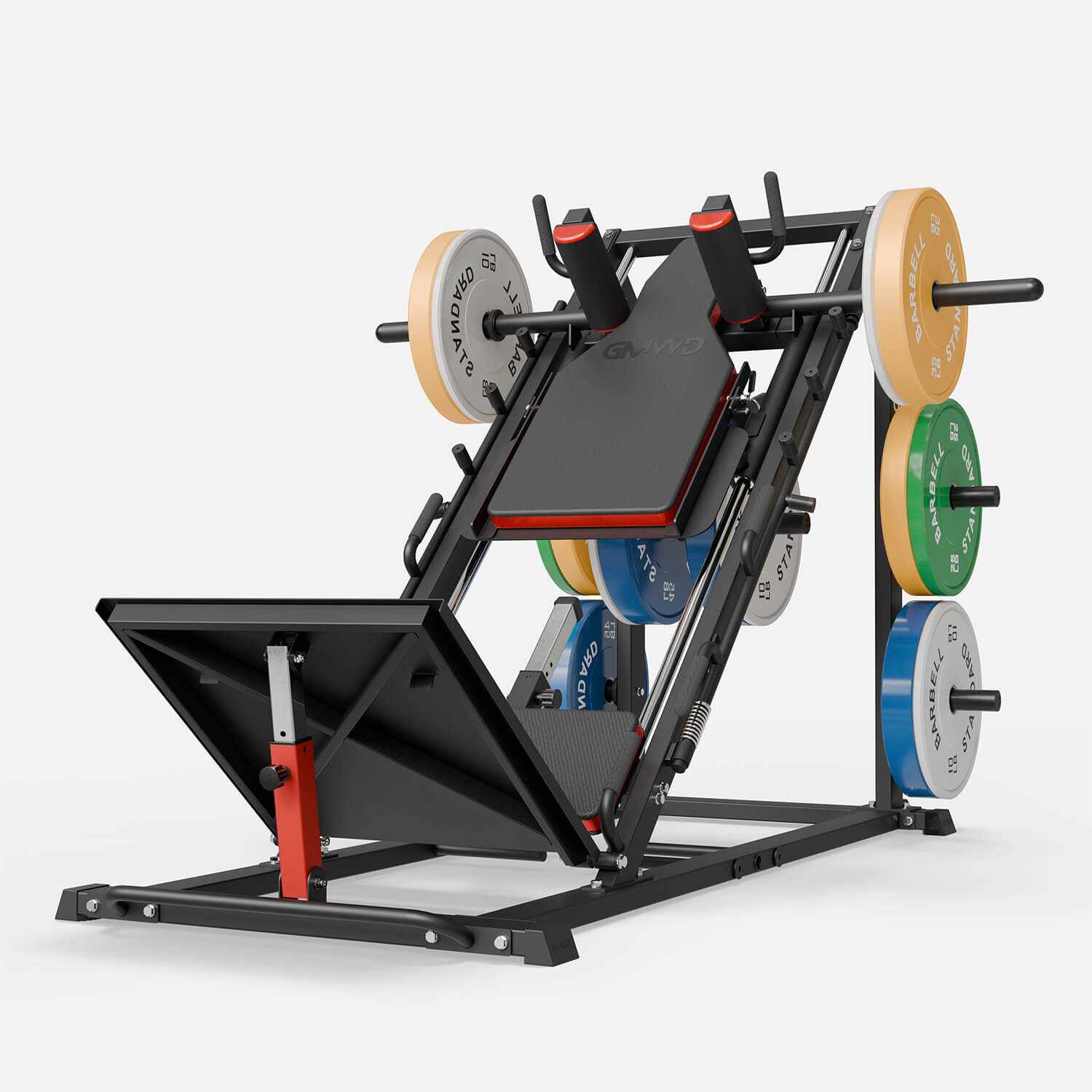




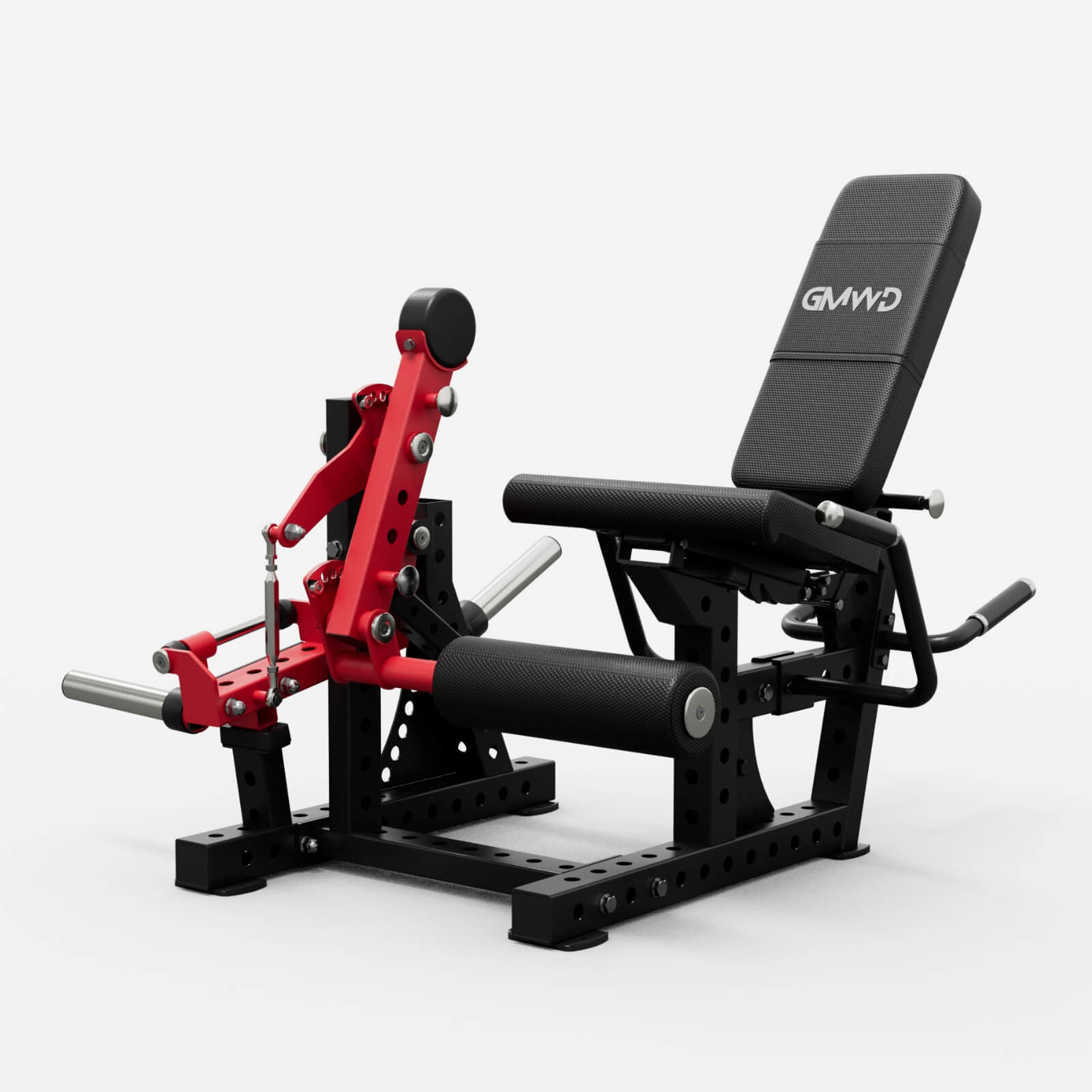
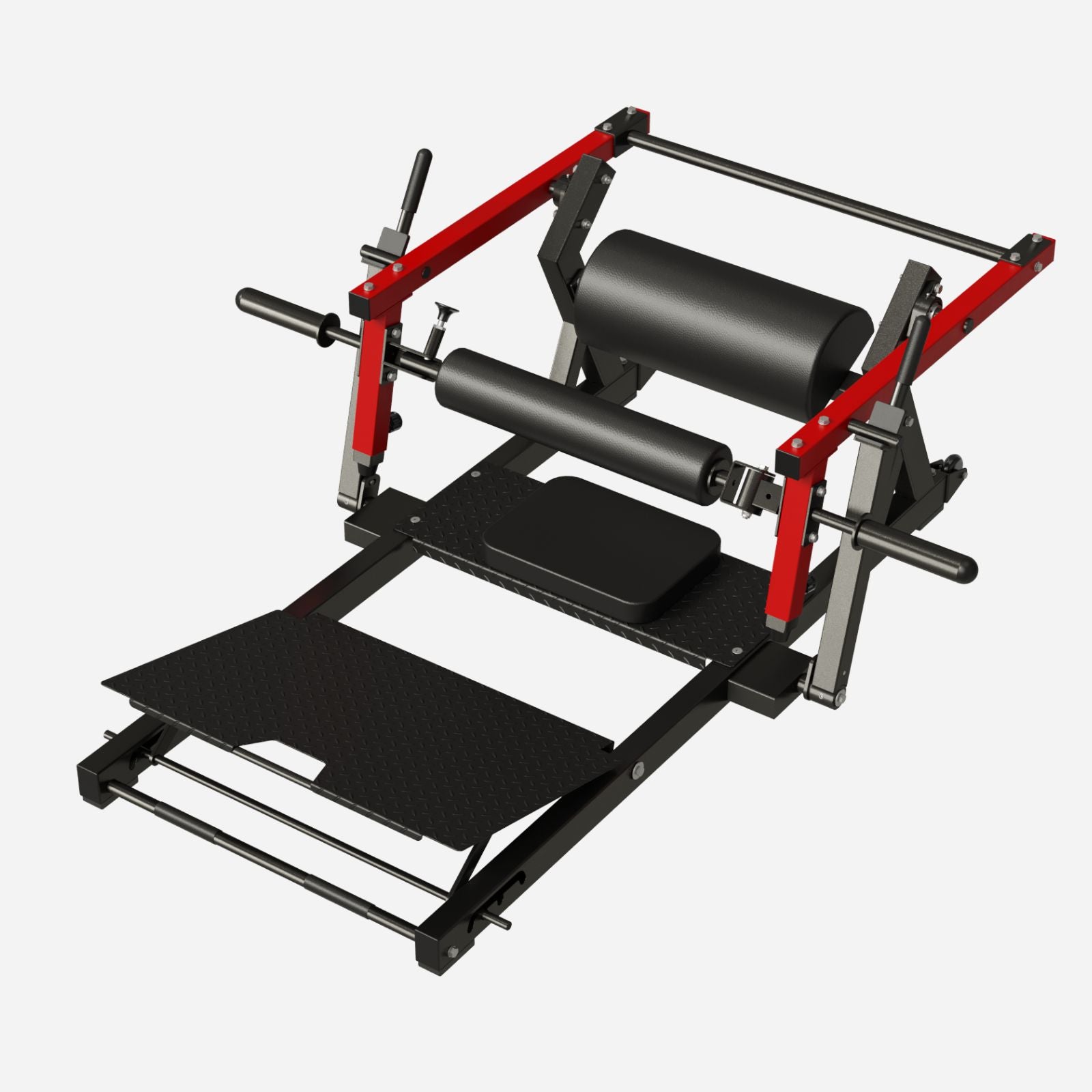

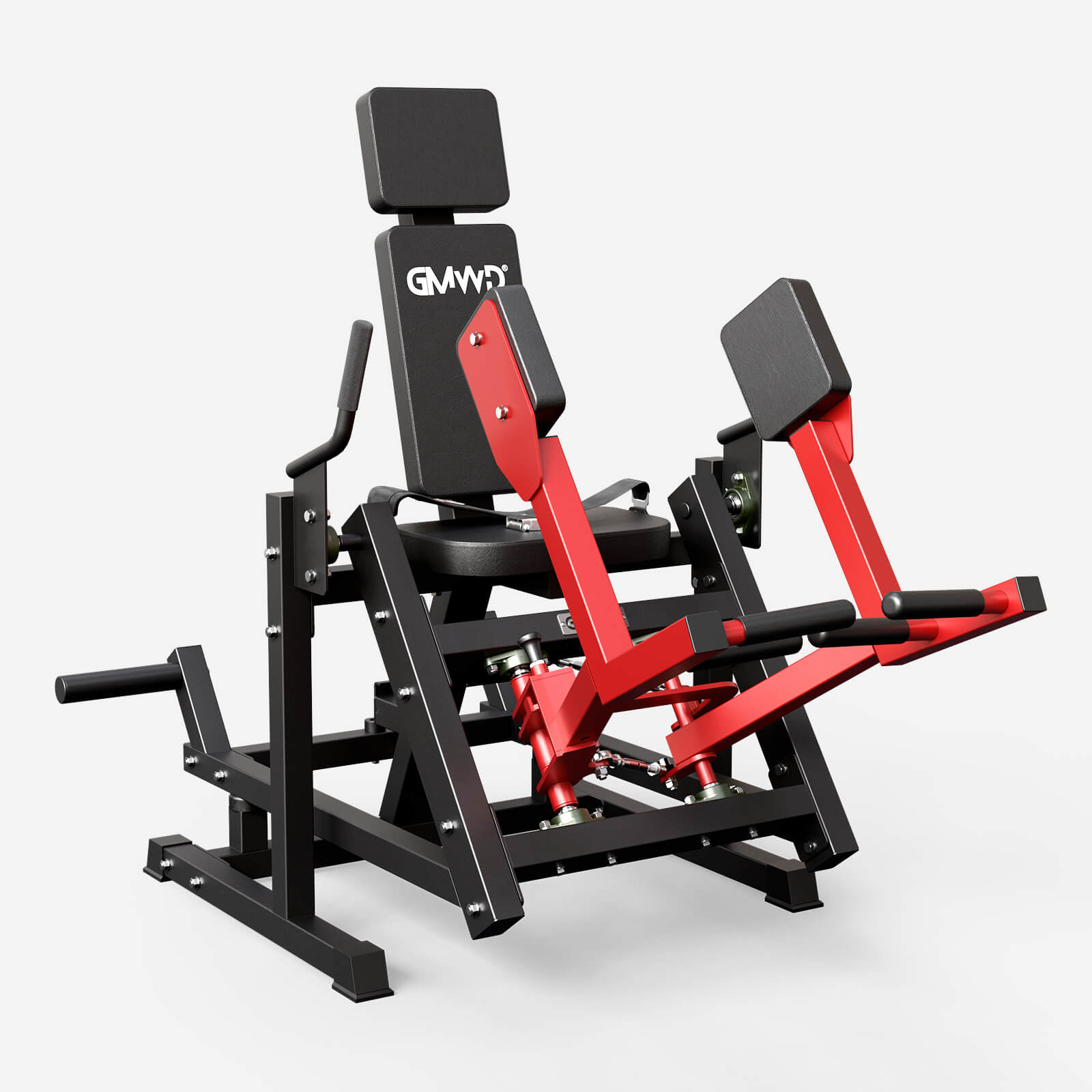
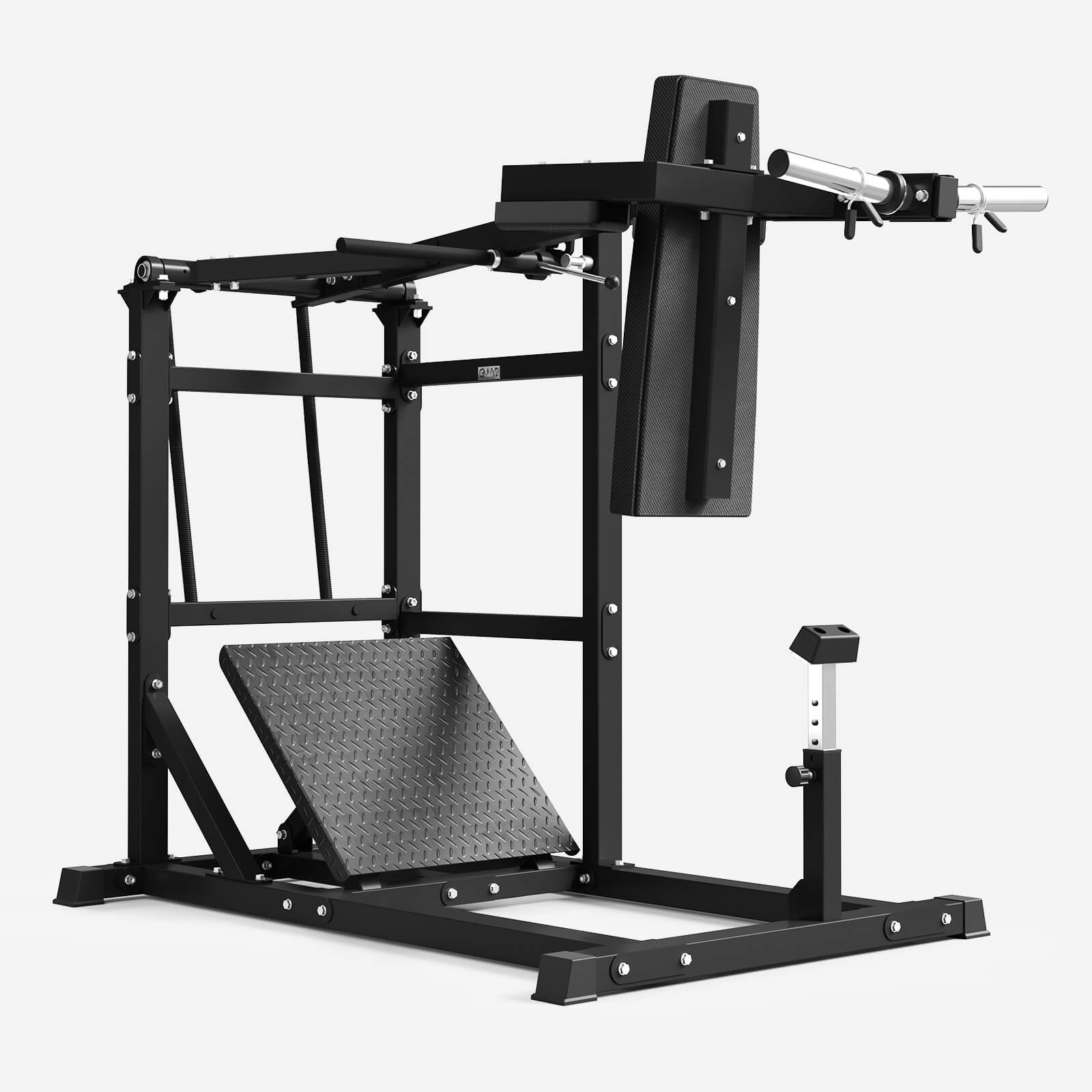
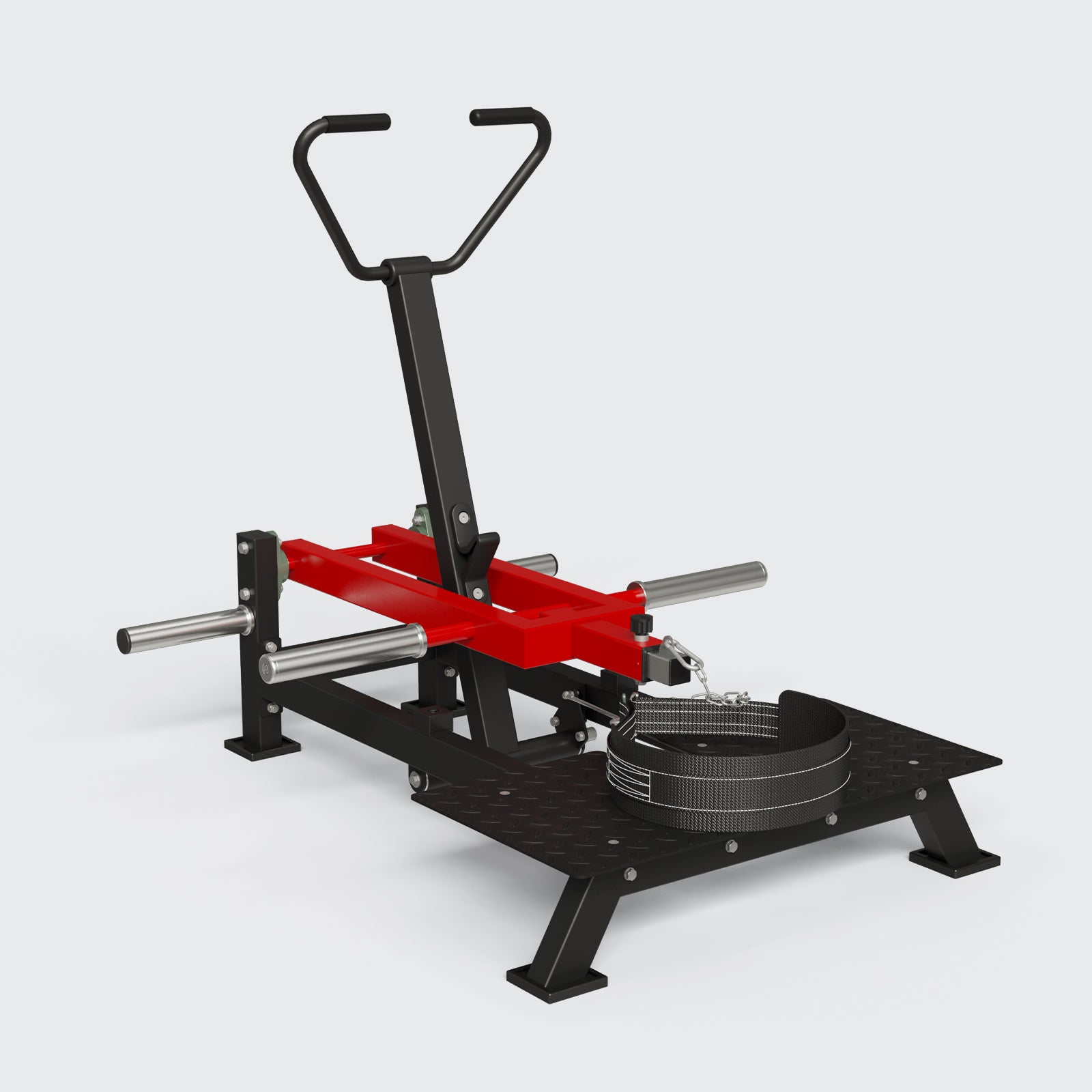
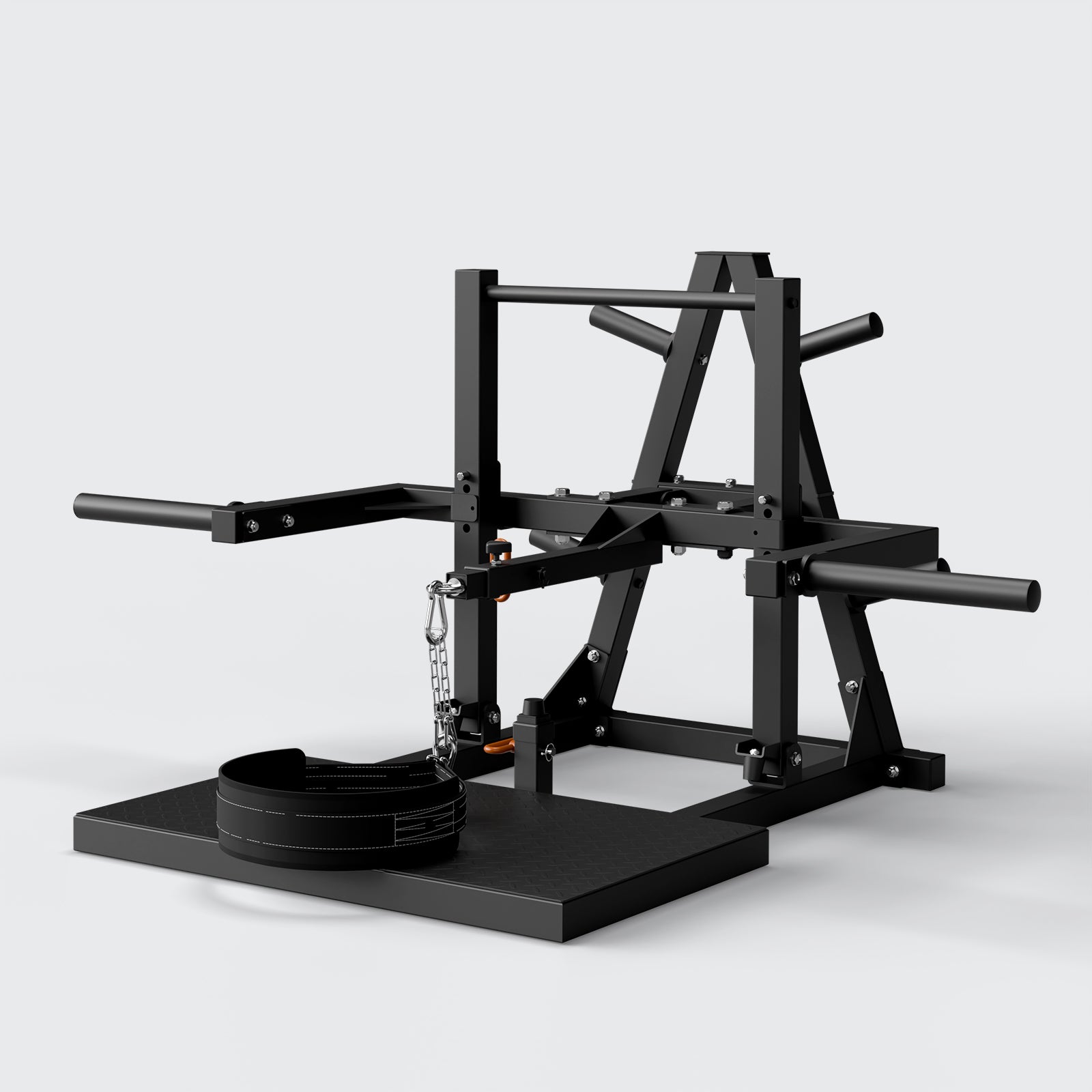

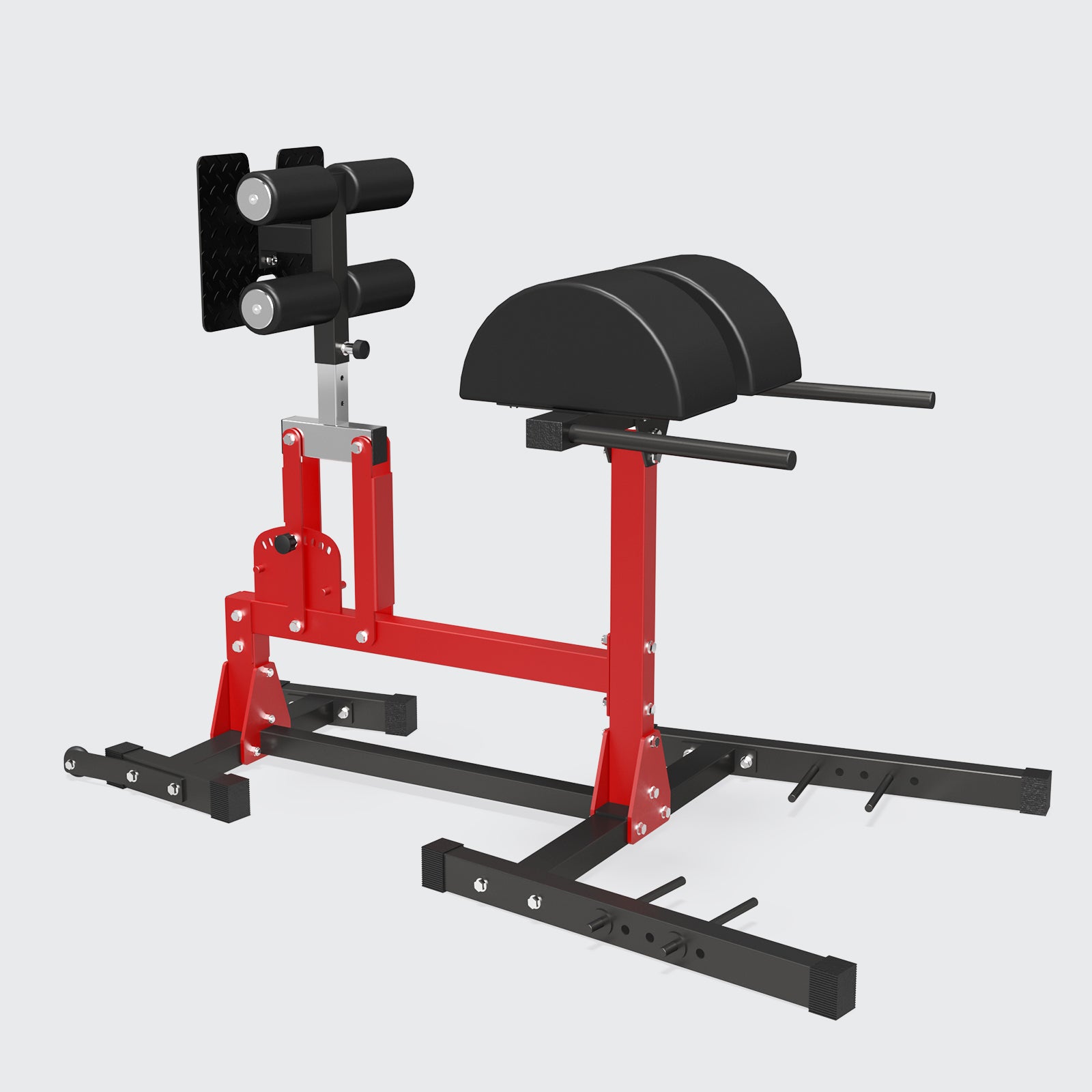
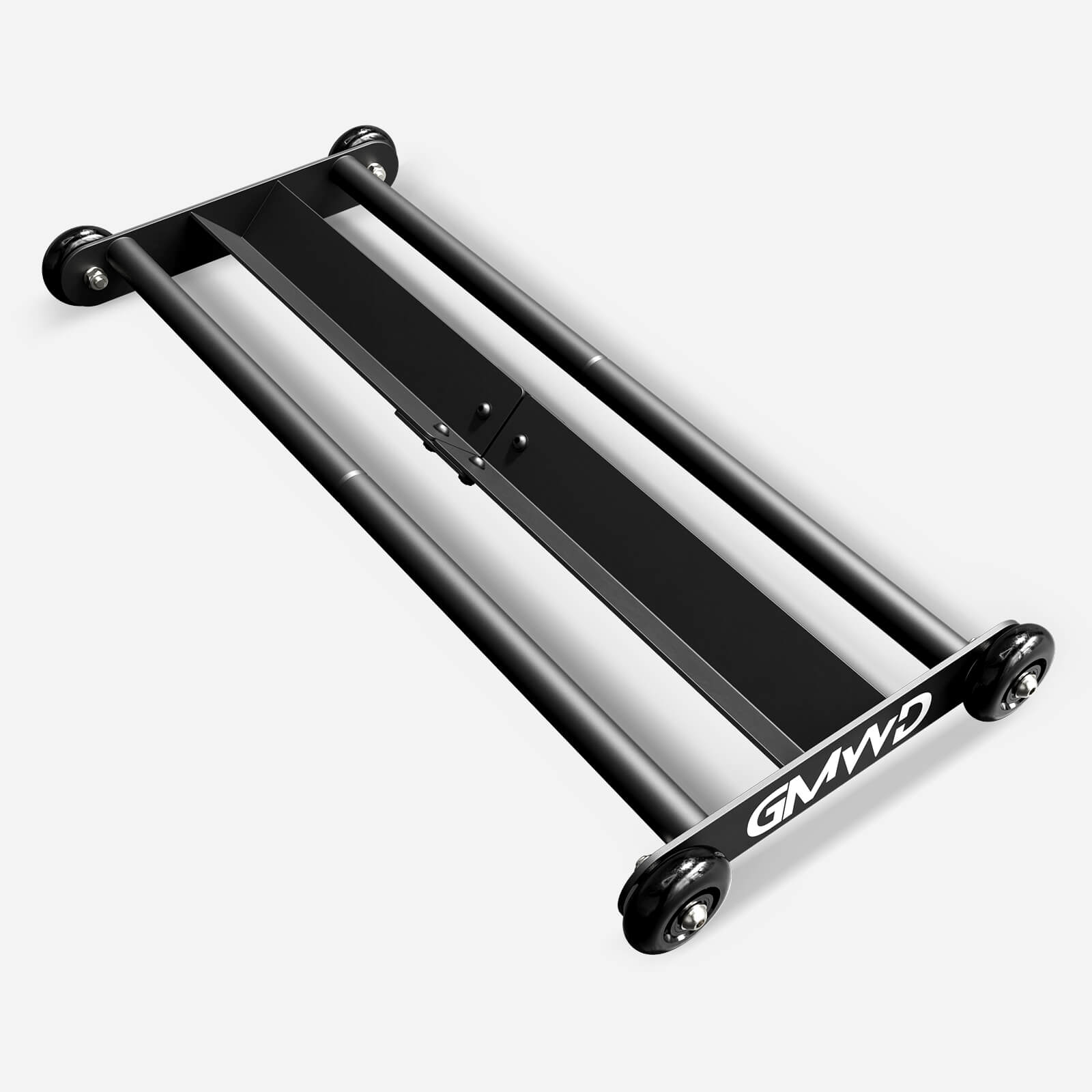
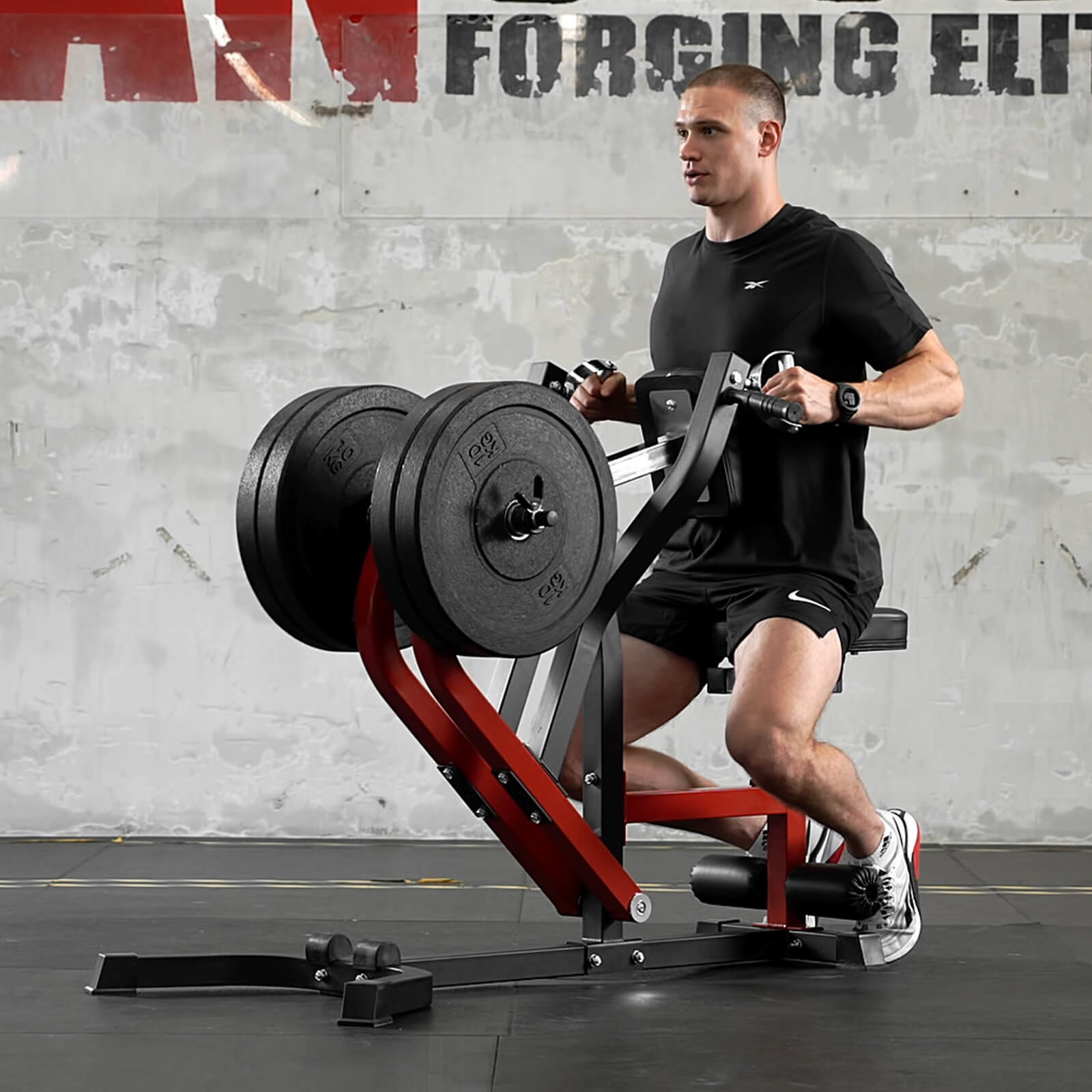
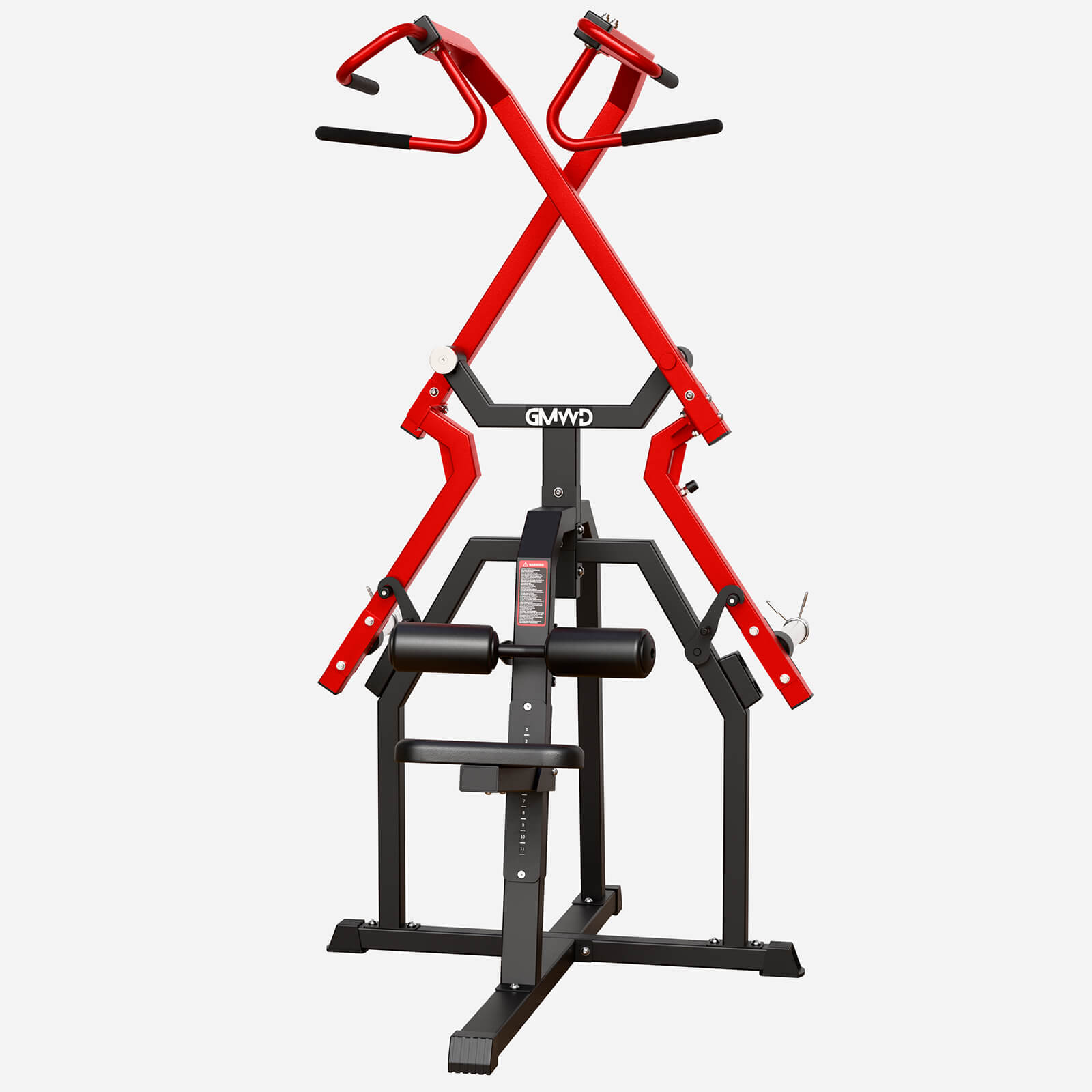

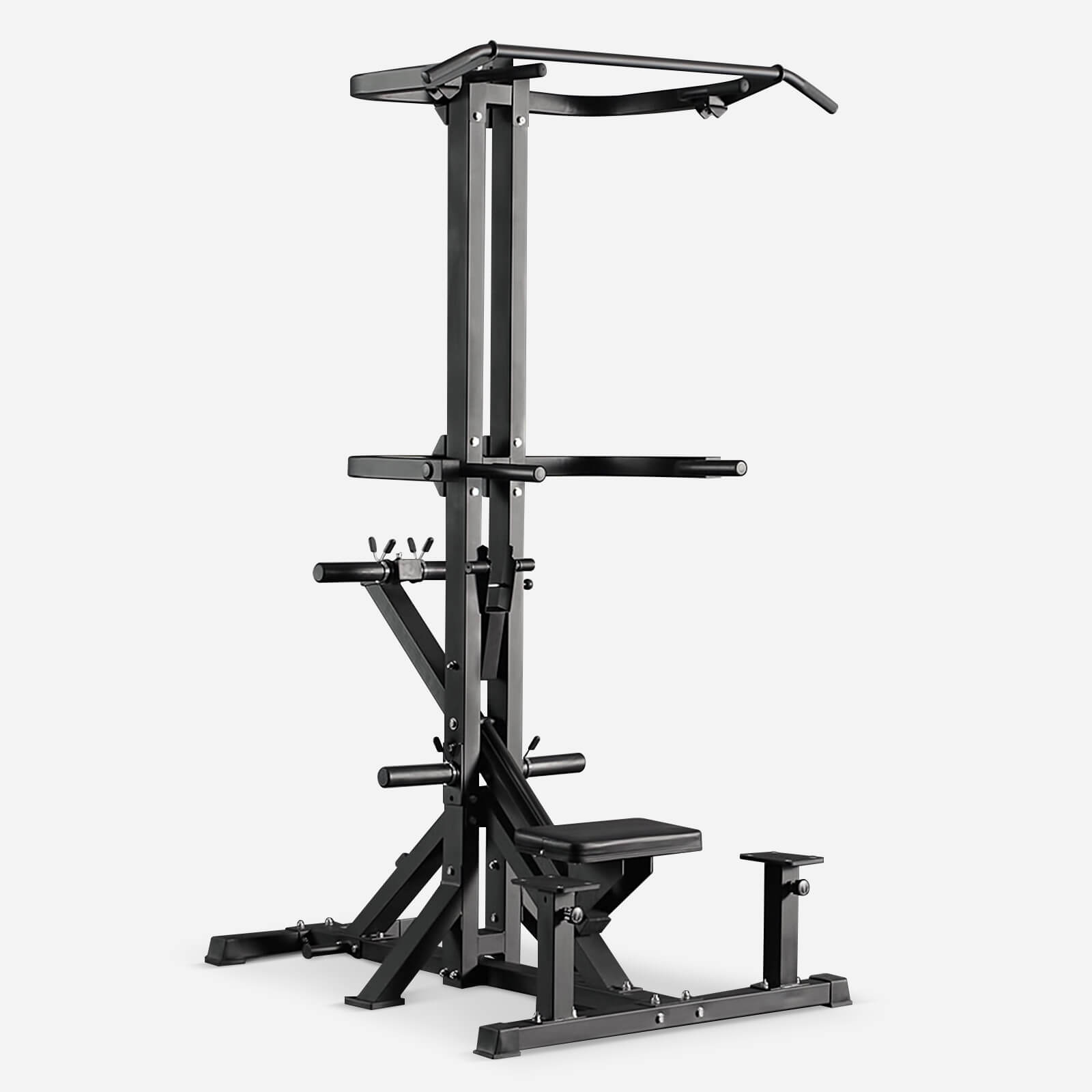



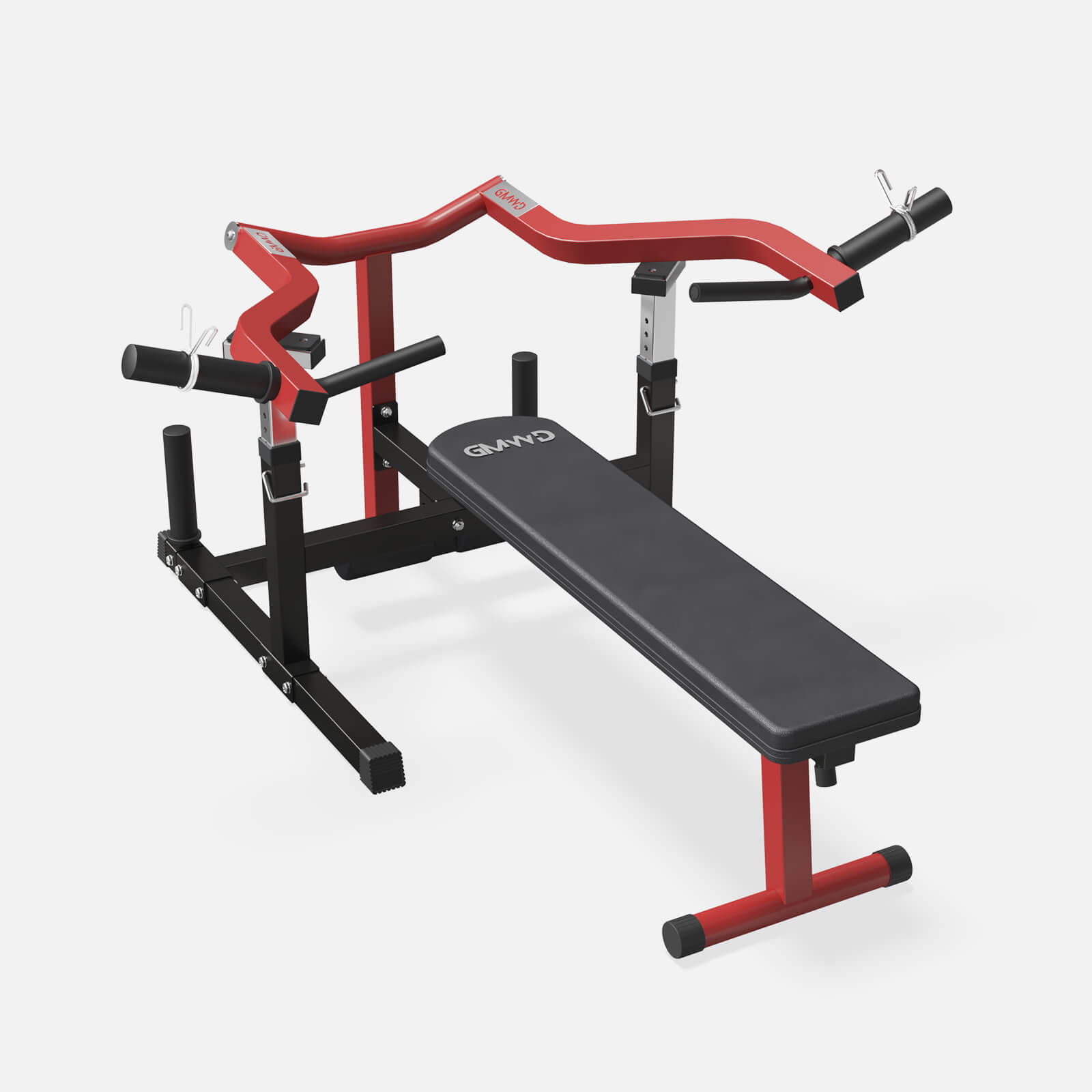

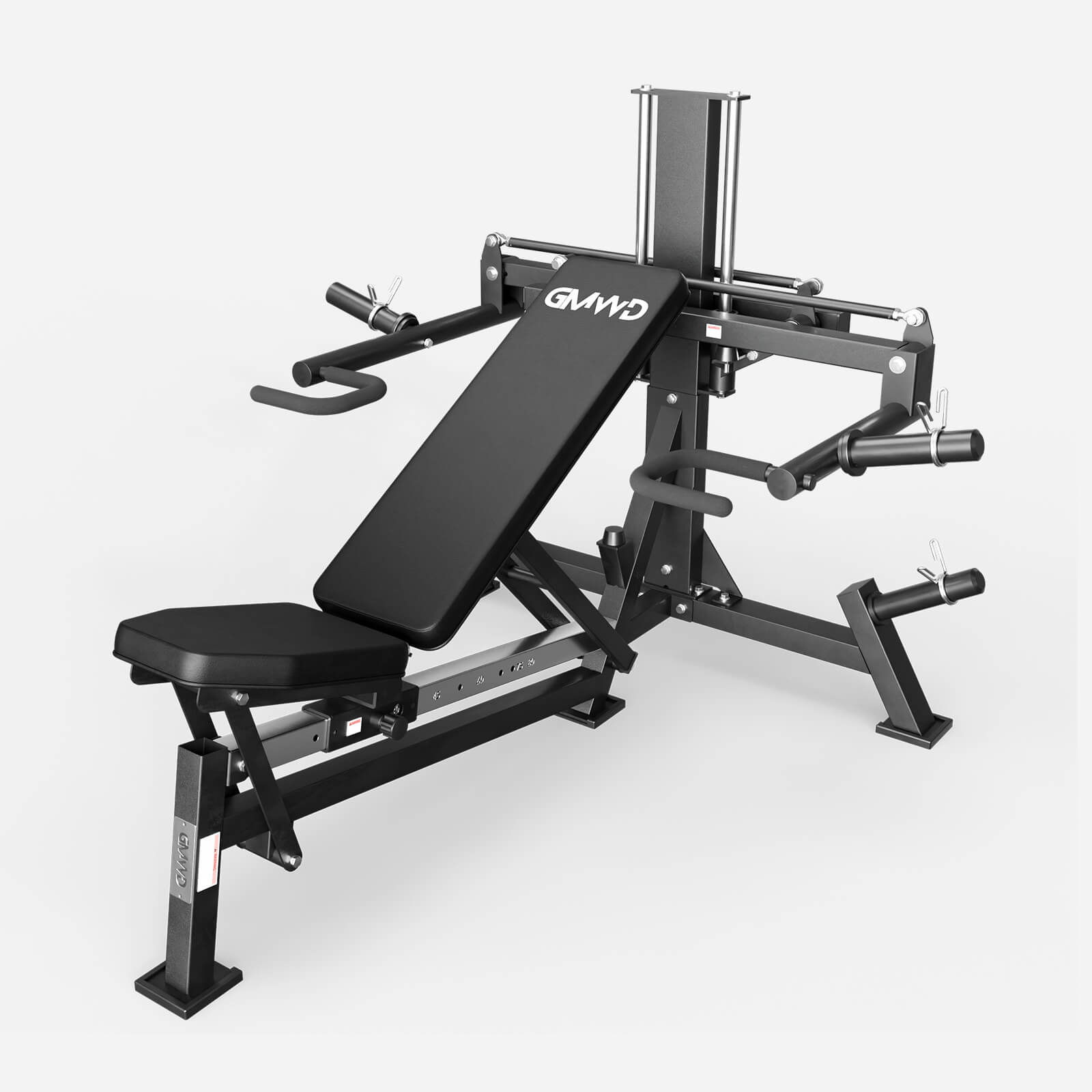
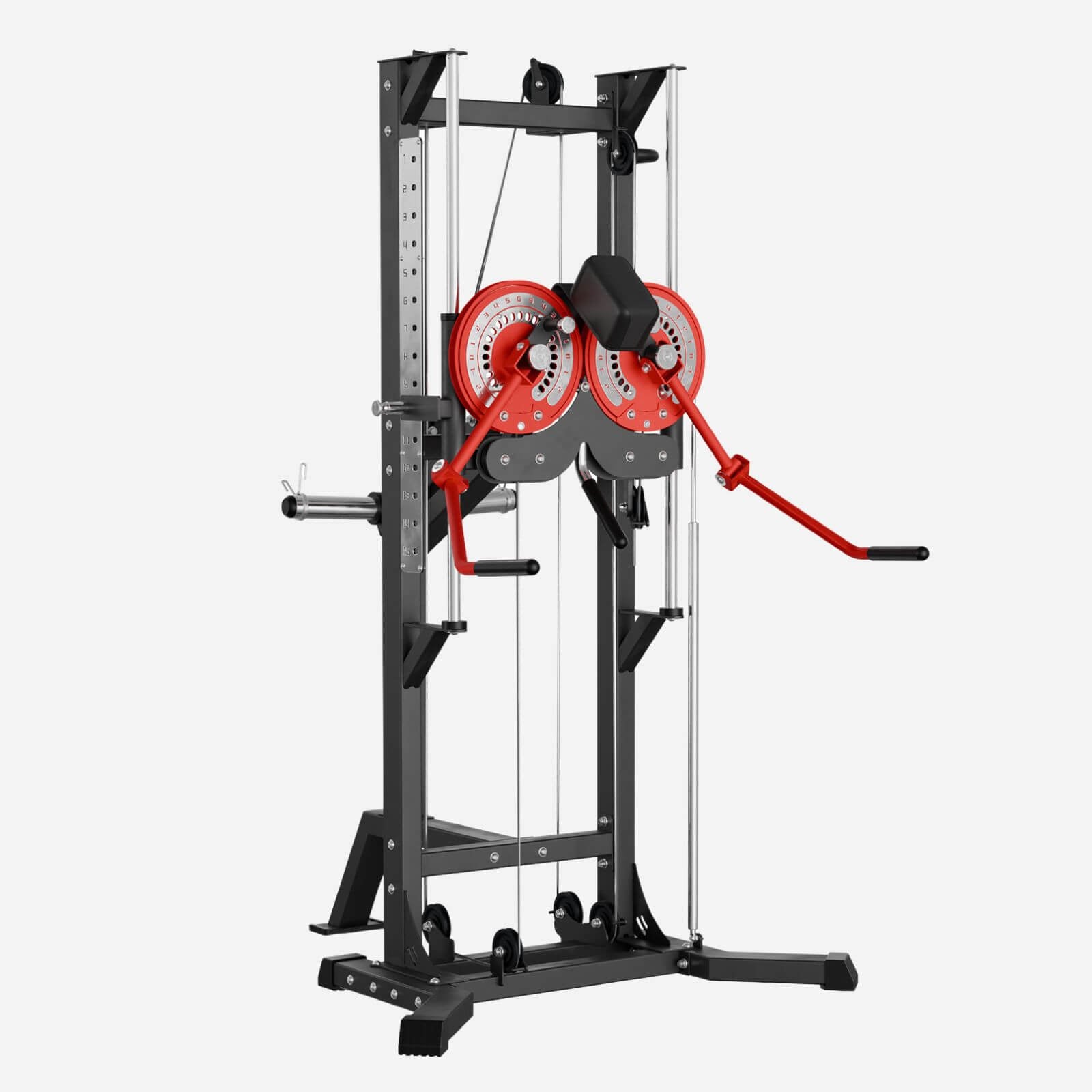
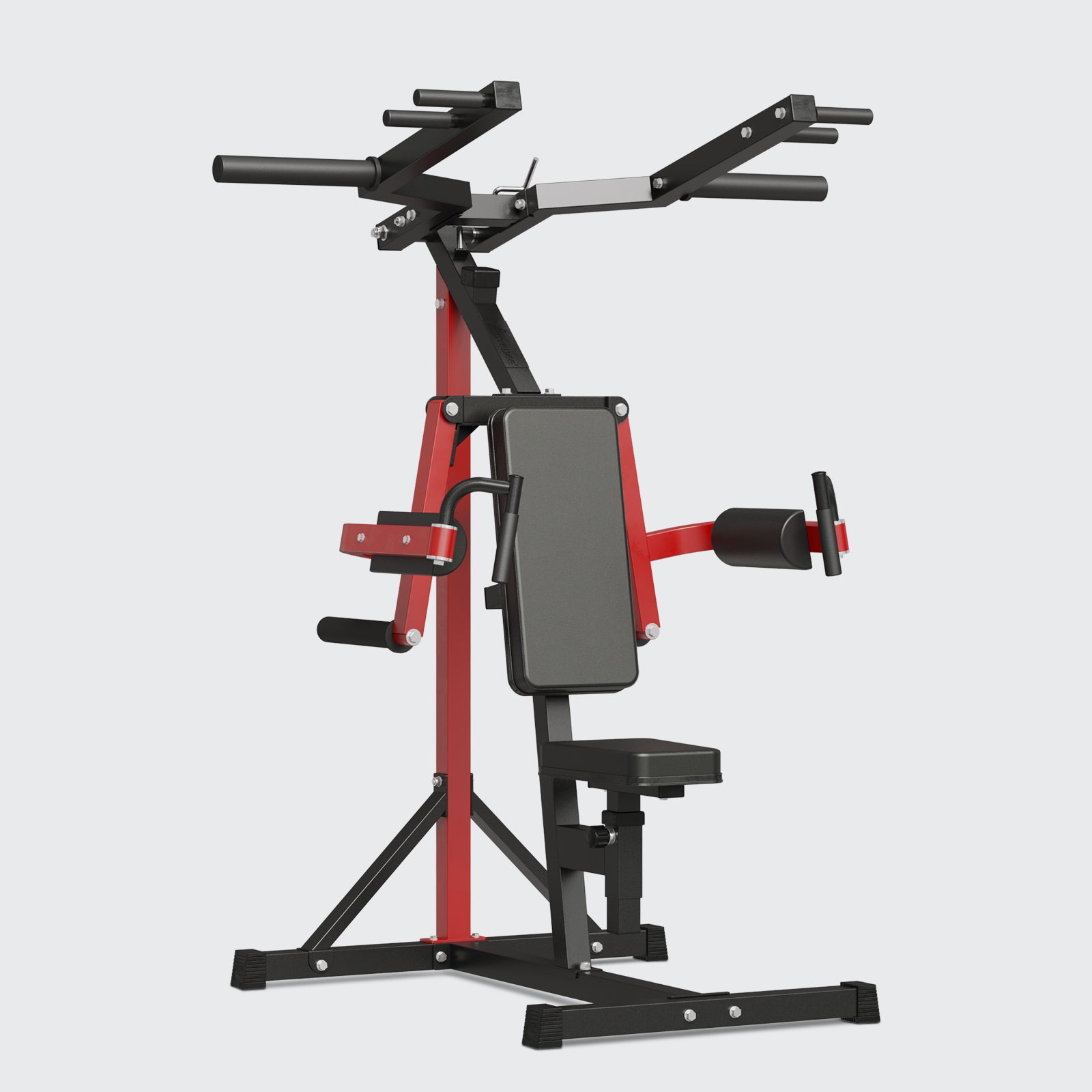
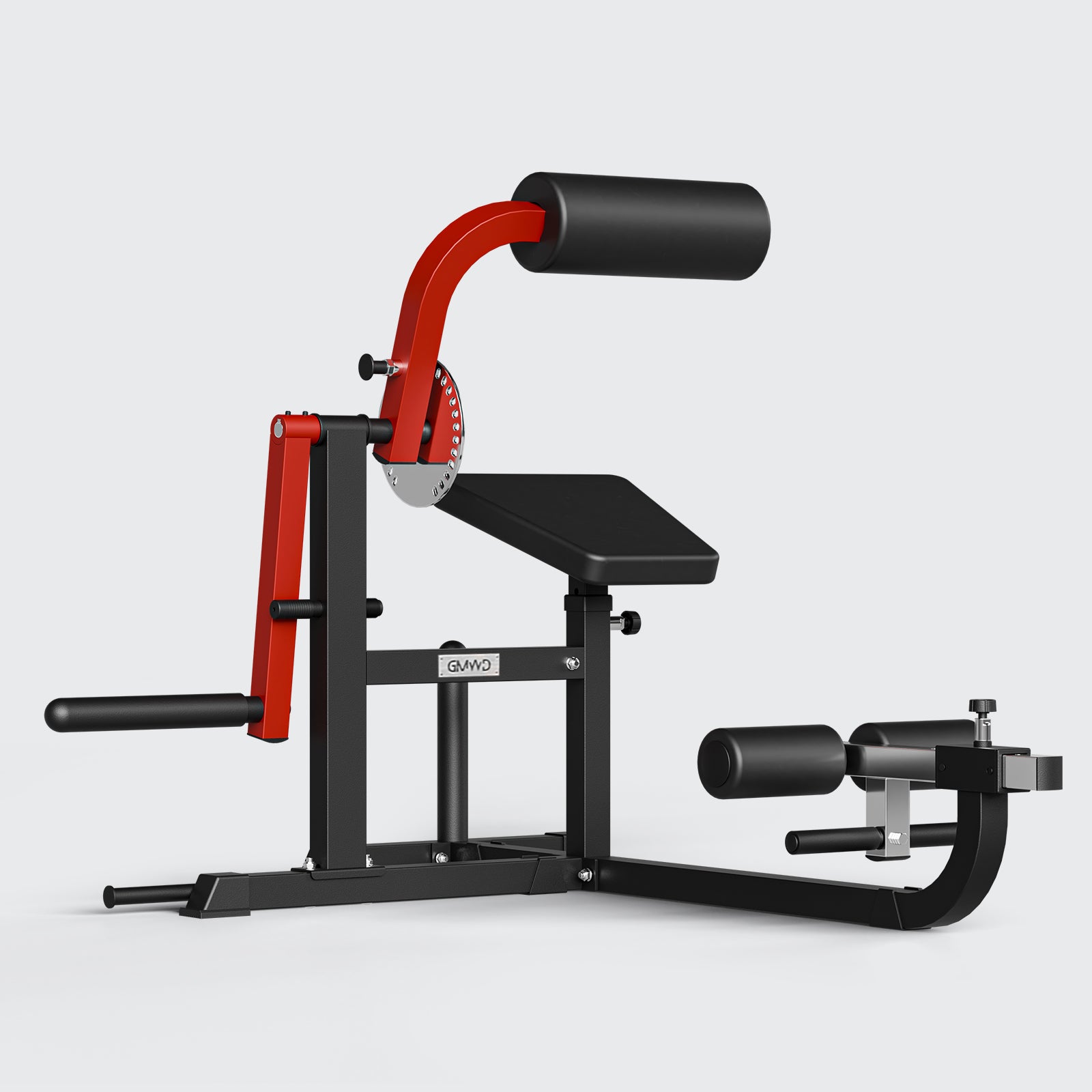
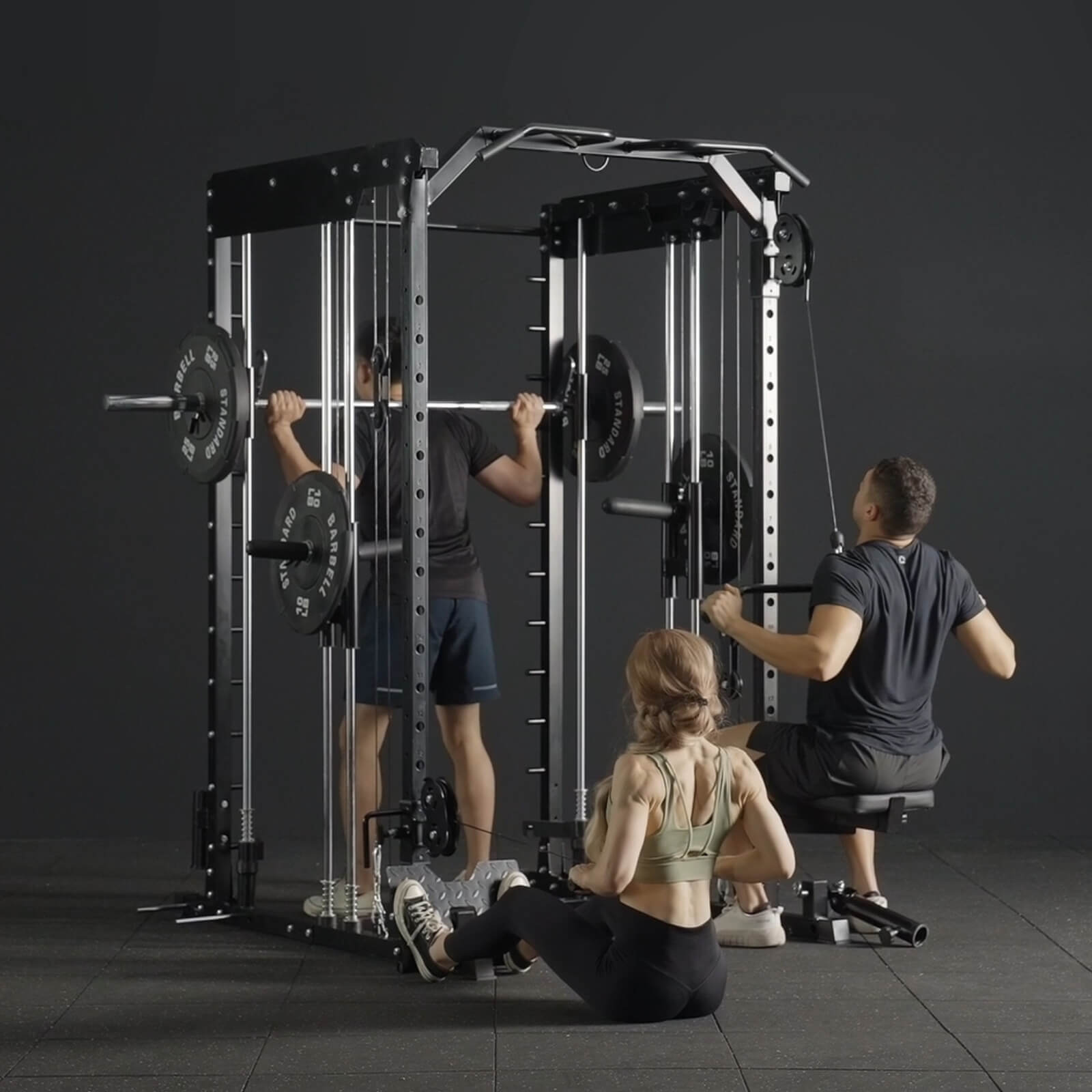
Leave a comment
All comments are moderated before being published.
This site is protected by hCaptcha and the hCaptcha Privacy Policy and Terms of Service apply.